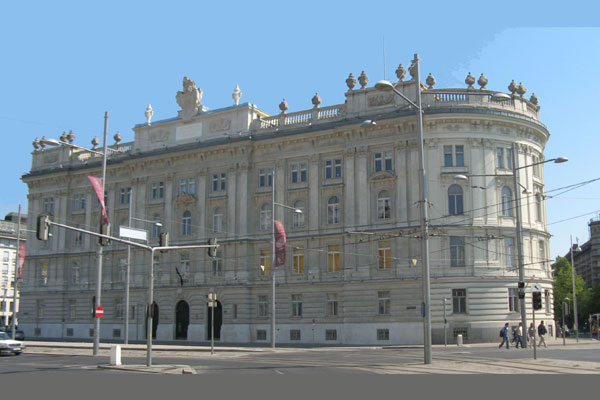Sponsored Content
Industry Concerned About Brain Drain From Austria
A recent study commissioned by the Federation of Austrian Industries (IV) highlights an alarming issue, as highly qualified workers are leaving Austria. While immigration figures overall exceed emigration, the composition of migration flows raises concerns.
 Figures on labor migration paint “a worrying picture” for the Federation of Austrian Industries (IV). / Picture: © Wikimedia Commons / Buchhändler [CC BY-SA 3.0 (https://creativecommons.org/licenses/by-sa/3.0)]
Figures on labor migration paint “a worrying picture” for the Federation of Austrian Industries (IV). / Picture: © Wikimedia Commons / Buchhändler [CC BY-SA 3.0 (https://creativecommons.org/licenses/by-sa/3.0)]
A recent study commissioned by the Federation of Austrian Industries (IV) paints a worrying picture for the Austrian labor market. Between 2011 and 2023, around 170,000 skilled workers in permanent employment left Austria. The majority of these emigrants come from wealthy EU and OECD countries, which the IV study considers to be a loss of urgently needed human capital.
The…
or Log In
Fast News Search





